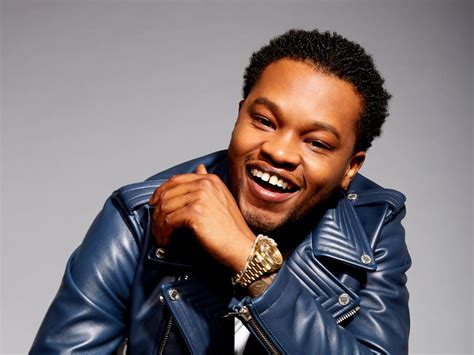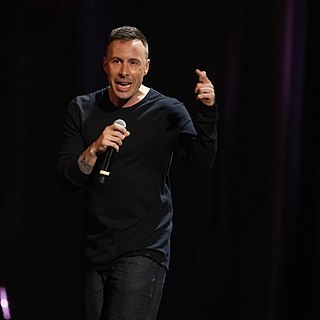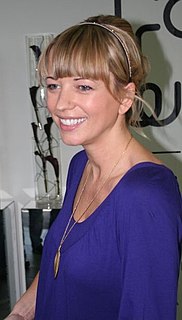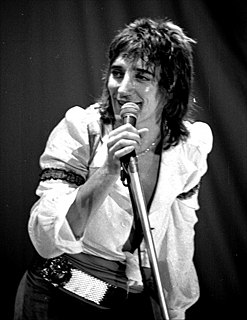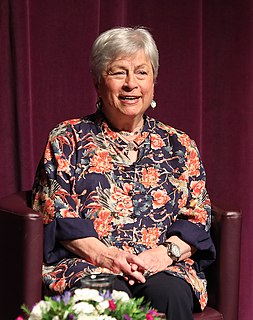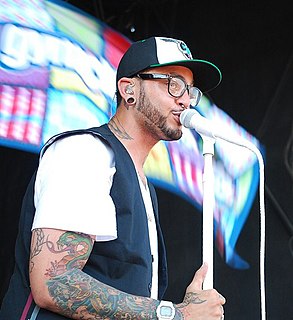A Quote by Snoop Dogg
The process for doing voice work goes by much quicker as opposed to shooting a feature. You can pretty much go in and knock it out in a day or two. It feels very natural for me to express myself using only my voice, so it wasn't too difficult.
Related Quotes
Curiously enough, the only two plays that I've done very much revision on were the two adaptations - even though the shape of them was pretty much determined by the original work. With my own plays, the only changes, aside from taking a speech out here, putting one in there (if I thought I dwelled on a point a little too long or didn't make it explicit enough), are very minor; but even though they're very minor - having to do with the inability of actors or the unwillingness of the director to go along with me - I've always regretted them.
There were two things that became apparent, pretty quickly into the process. One was that the muscles didn't take as much reconditioning as I thought they would. It was more like voice acting than I thought it would be. You're using your whole body and there are things that are different, but when you are doing a character, even in the booth, nobody is watching but my face will do different things when I do different characters.
Retirement is a very subjective thing. There are guys I know who retire and they're very happy and they never miss work at all. I can't see myself retiring and fondling a dog every day. I like to get up and work and go out. I have too much energy or too much nervous anxiety or something. So I don't see myself retiring. Maybe I will suddenly get a stroke or a heart attack and I will be forced to retire, but if my health holds out I don't expect to retire.
This approach to voice is designed to liberate the natural voice and thereby develop a vocal technique that serves the freedom of human expression. The basic assumption of the work is that everyone possesses a voice capable of expressing, through a two- to four-octave natural pitch range, whatever gamut of emotion, complexity of mood, and subtlety of thought he or she experiences.
But I'm pretty lucky with my voice. When I first started touring I went to see a woman to give me some coaching on how not to lose my voice. And she was just saying really your voice is a muscle so if you're using it all the time you should actually come back from tour with a stronger voice than you left with. And that's really how I find it.

